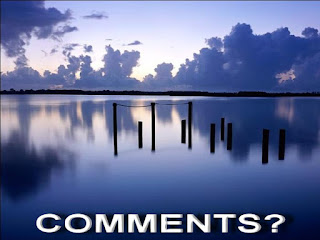ALBANIA
G'day folks,
Welcome to Albania; the country where Mother Teresa reputedly was born. Albania, on Southeastern Europe’s Balkan Peninsula, is a small
country with coastlines on the Adriatic and Ionian seas and an interior
crossed by the Albanian Alps. Along its southern coast, the Albanian
Riviera is known for its traditional Mediterranean villages, beach
resorts and vibrant nightlife. With history stretching back to
antiquity, Albania is also rich in castles and archaeological sites.
Geography
Albania
is situated on the eastern shore of the Adriatic Sea, with Montenegro and
Serbia to the north, Macedonia to the east, and Greece to the south. Slightly
larger than Maryland, Albania is composed of two major regions: a mountainous
highland region (north, east, and south) constituting 70% of the land area, and
a western coastal lowland region that contains nearly all of the country's
agricultural land and is the most densely populated part of Albania.
Government
Emerging
democracy.
History
A part of
Illyria in ancient times and later of the Roman Empire, Albania was ruled by
the Byzantine Empire from 535 to 1204. An alliance (1444–1466) of Albanian
chiefs failed to halt the advance of the Ottoman Turks, and the country
remained under at least nominal Turkish rule for more than four centuries,
until it proclaimed its independence on Nov. 28, 1912.
Largely
agricultural, Albania is one of the poorest countries in Europe. A battlefield
in World War I, after the war it became a republic in which a conservative
Muslim landlord, Ahmed Zogu, proclaimed himself president in 1925 and king (Zog
I) in 1928. He ruled until Italy annexed Albania in 1939.
Communist guerrillas
under Enver Hoxha seized power in 1944, near the end of World War II. Hoxha was
a devotee of Stalin, emulating the Soviet leader's repressive tactics,
imprisoning or executing landowners and others who did not conform to the
socialist ideal.
Hoxha eventually broke with Soviet communism in 1961 because
of differences with Khrushchev and then aligned himself with Chinese communism,
which he also abandoned in 1978 after the death of Mao. From then on Albania
went its own way to forge its individual version of the socialist state and
became one of the most isolated—and economically underdeveloped—countries in
the world. Hoxha was succeeded by Ramiz Alia in 1982.
Clancy's comment: Although we rarely hear of countries like Albania, they are wonderful places to visit.
I'm ...








No comments:
Post a Comment